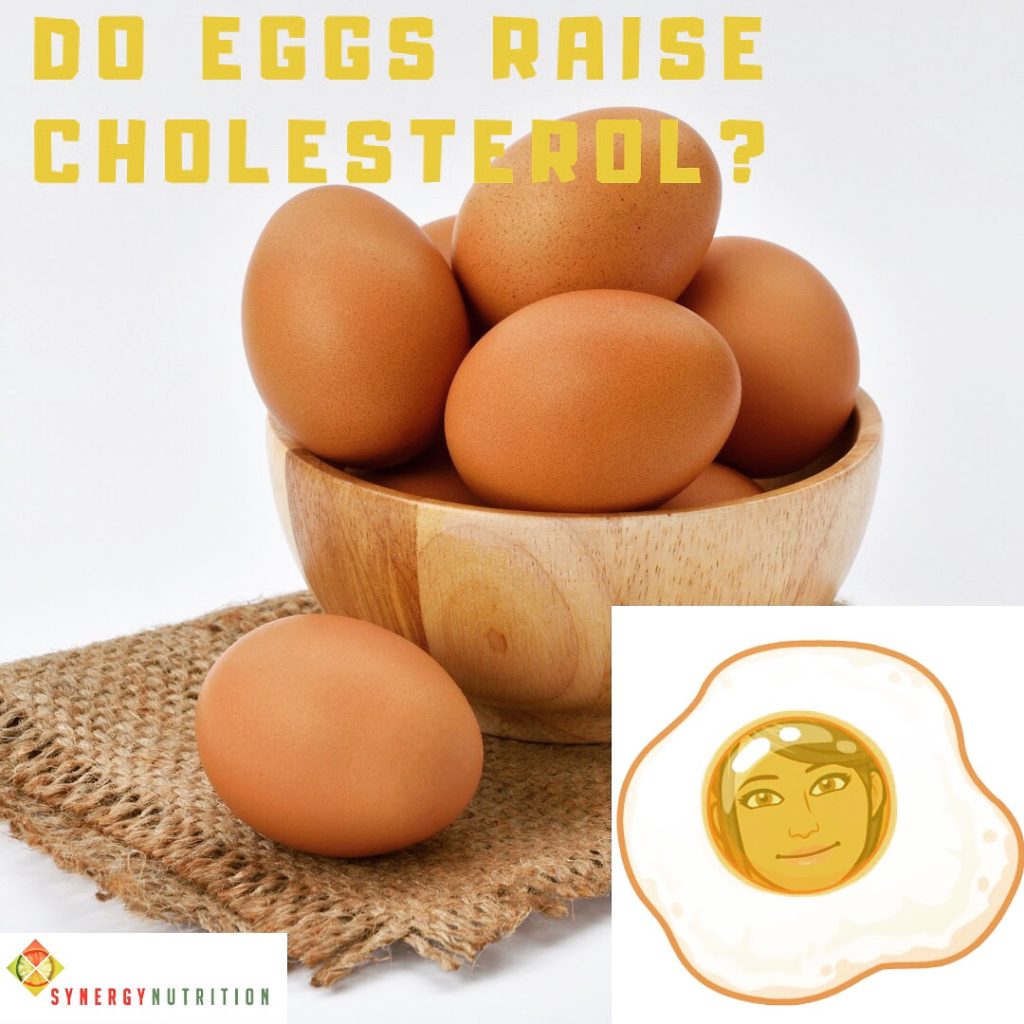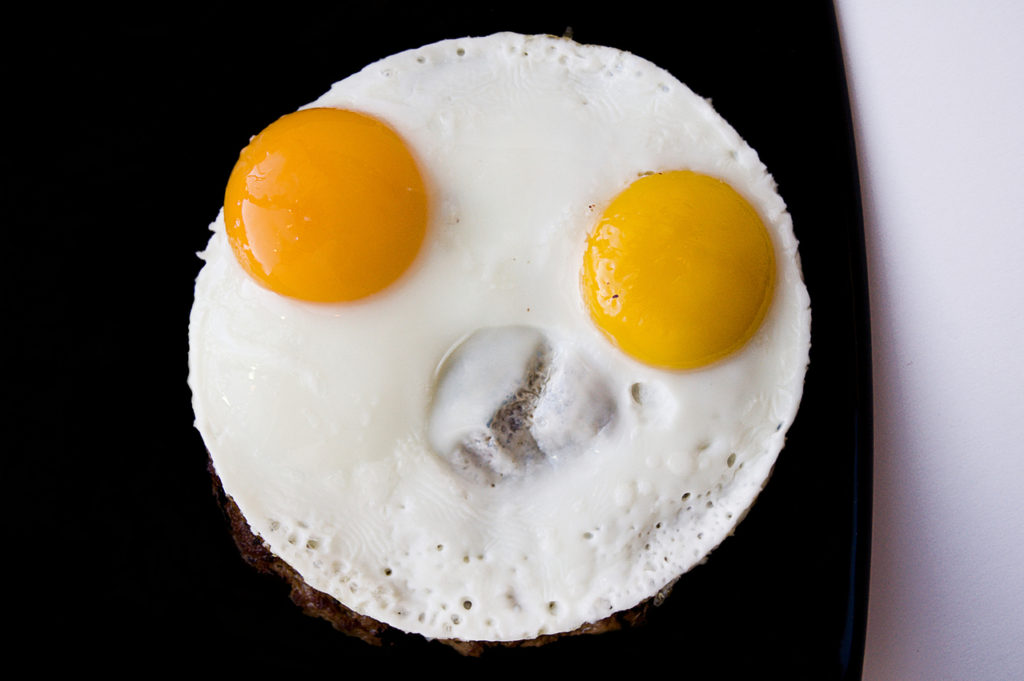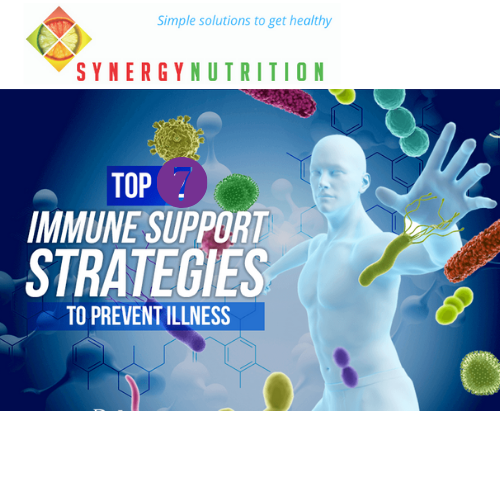
For 50 years, we were told not to eat eggs and other foods high in dietary cholesterol because they block our arteries and increase the risk of heart disease. Then, after years of research that showed no relationship between the amount of cholesterol we eat and the risk of heart disease, the U.S. finally removed any restriction on dietary cholesterol from its nutrition guidelines in 2016. And now in the media, the same scenario again, be careful of eating eggs and foods high in cholesterol. Where is the actual evidence? I would like to see a study showing how high cholesterol is dangerous for us. I cannot find it and neither can my ex colleague fellow NT Alex.
Importance of Cholesterol:
- Cholesterol is vital to human health because every cell membrane in the body, including those in the brain, nerves, muscles, skin, liver, intestines, and heart, is made from it.
- All of the steroid hormones in your body, including the sex and adrenal hormones, are synthesised from cholesterol.
- Cholesterol is a powerful antioxidant, which helps your body synthesise vitamin D
- Cholesterol helps carry fat soluble vitamins
Cholesterol isn’t the arch villain it’s made out to be and doctors are well aware of this. When I ponder on the biochemistry of the body and how the liver cleverly manufactures more cholesterol if it’s required by the body. How is it also that in France and Switzerland they have the highest cholesterol levels yet the incidence for heart disease is so low. Does this not show us that cholesterol is NOT linked to heart disease. And there are other factors at play. Oxidation of the cholesterol in our bodies creates damaging compounds, in the same way that oxidised fats become rancid and unhealthy. Increasing the amount of antioxidants in our diet helps to protect against the damage from oxidised cholesterol. Antioxidants are – by definition – compounds which prevent oxidation. Perhaps sugar, fructose corn syrup and processed foods along with artificial chemicals in our foods and drinks could be disease forming. Limiting consumption of polyunsaturated vegetable oils such as soybean, corn, and sunflower (rich in fatty acids omega 6) is advised. Olive oil and coconut oil and butter in small amounts is fine.
Article Source: http://EzineArticles.com/3718343
Dr Malcolm Kendrick’s short video below outlines how cholesterol and heart disease have no association.
The only individuals that should be concerned about their cholesterol is those with a genetic trait called familial hypercholesterolemia which is a genetic disorder whereby the cholesterol remains high. These individuals would have to watch their cholesterol intake.
Foods that naturally contain high cholesterol are eggs (yolk containing 180-260mg depending on the size). Organ meats like liver, kidney and shellfish like shrimp, crab, lobster. Dairy contains a little and plant foods, virtually none.
Just to be mindful scientific studies in nutrition and health come with many biases and confounders. This makes it difficult to ascertain correlations and associations. Just to list but a few below:
Pseudoscientific data collection methods- The healthy-user bias -Relative risks that are indistinguishable from chance- Results that are not replicated-Focus on the quantity of nutrients (like cholesterol) without paying attention to the quality of foods consumed- Conflicts of interest—both financial and non-financial- Nutrition policy affected by groupthink, confirmation bias, politics, and religion.
In my opinion cholesterol lowering medication such as statins are unnecessary. If the cholesterol is raised outside the ‘reference range’ whose to say it’s raised because the body needs it for its vital functions. There is not concrete association between cholesterol and heart disease. So are pharmaceutical companies promoting and selling more statins for monetary reasons? Also they are covering up the fact they deplete your body of Coenzyme-Q10 (CoQ10) – an anti-oxidant the vital heart nutrient produced by your body that naturally may prevent heart attacks and strokes.
So to sum up, can you safely eat your egg yolk, dairy products, shellfish? Yes yes yes.

References
- A pioneer in cardiac prevention, Dr. Agatston. Arthur Agatston, MD, a cardiologist, Medical Director of Wellness and Prevention for Baptist Health South Florida, and clinical professor of medicine at Florida International University Herbert Wertheim College of Medicine
- Alex Shalet, Nutritional Therapist, London. alex_nutri_vit@hotmail.com

